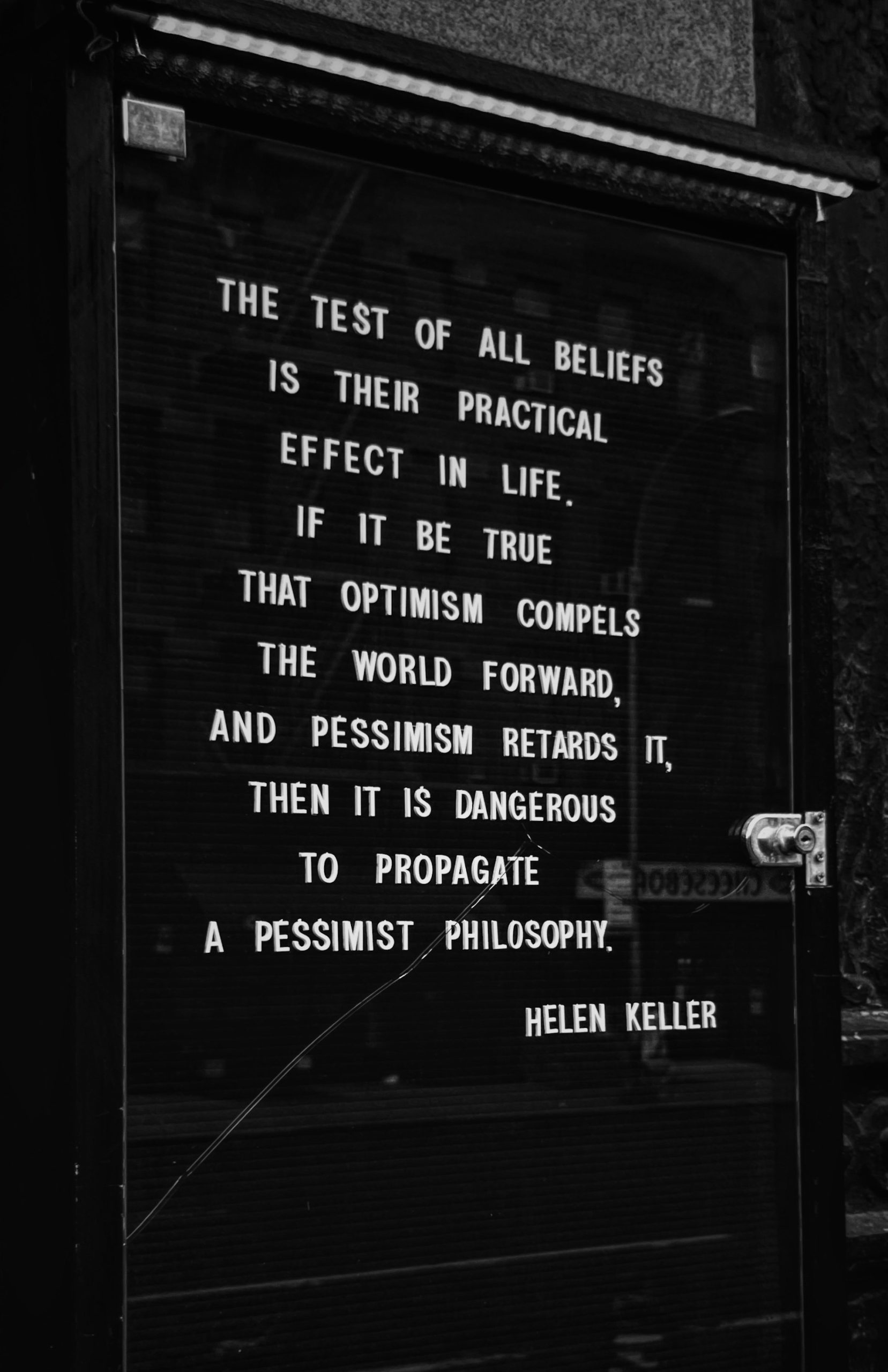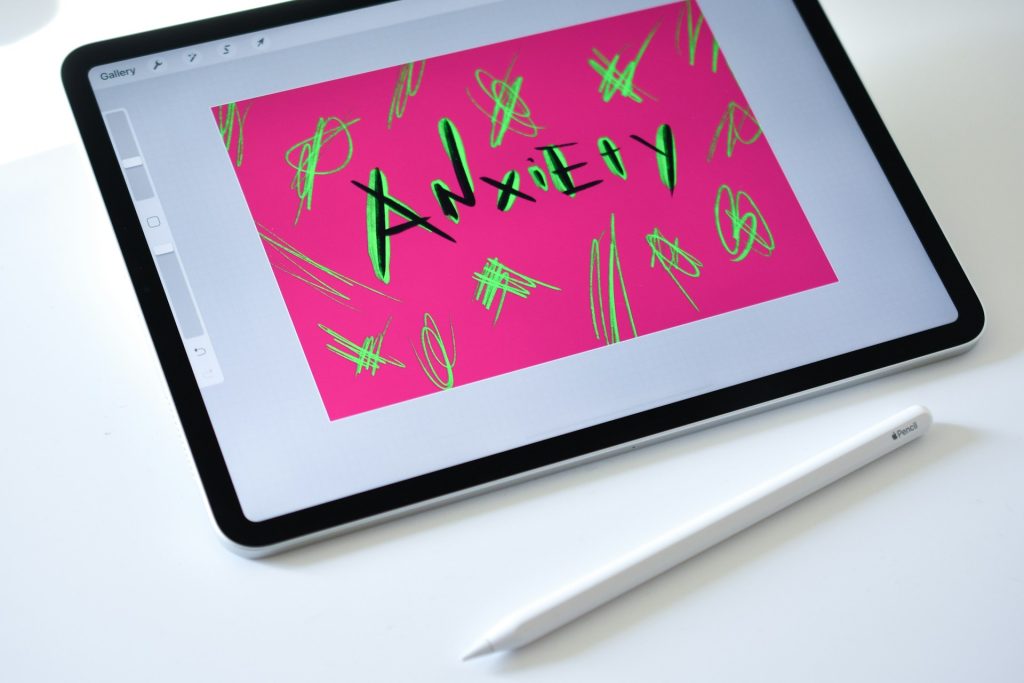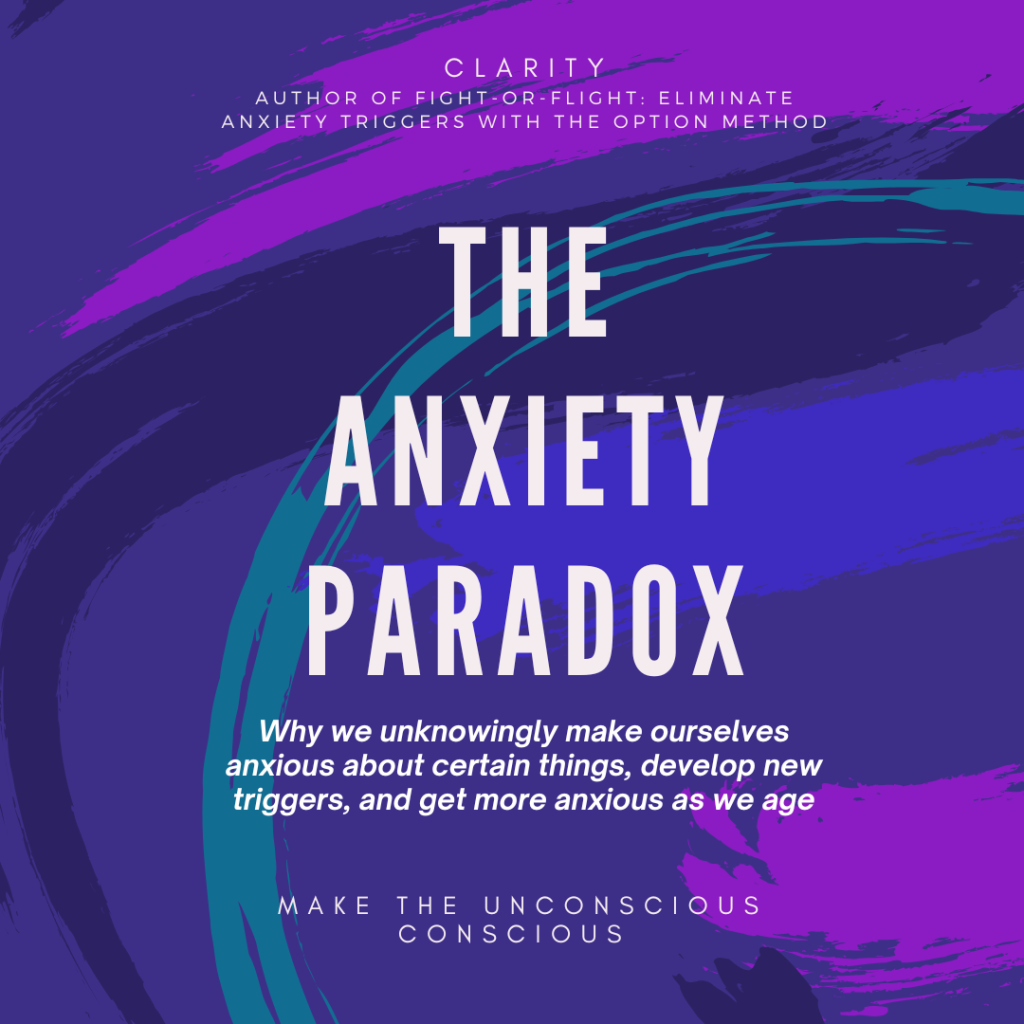Definition: Something that is accepted, considered to be true, or held as an opinion. Merriam-Webster Dictionary
For example, believing the world is flat means one thinks it’s true that the world is flat. On the contrary, not believing the world is flat is to say you don’t think it’s true that the world is flat.
We (humans) use beliefs to process stimuli we encounter through our senses, such as our eyes, ears, mouth, brain, etc. (1)
In summary, we can view beliefs as information stored in our brain that tells us what something is, what something means, how something works, or how we think something should work.
Example beliefs:
- I’m intelligent
- Something is wrong with me
- I can’t look or be uncomfortable
- Making mistakes is bad
- Assumptions are good
- Not knowing what to do is bad
References:
- Rüdiger J. Seitz, Hans-Ferdinand Angel, Belief formation — A driving force for brain evolution, Brain and Cognition, Volume 140, 2020, 105548, ISSN 0278–2626, https://doi.org/10.1016/j.bandc.2020.105548. (https://www.sciencedirect.com/science/article/pii/S0278262619303860) ↩︎
- Beliefs are our brain’s way of making sense of and navigating our complex world. Psychiatrist Ralph Lewis — What Actually Is a Belief? And Why Is It So Hard to Change?


